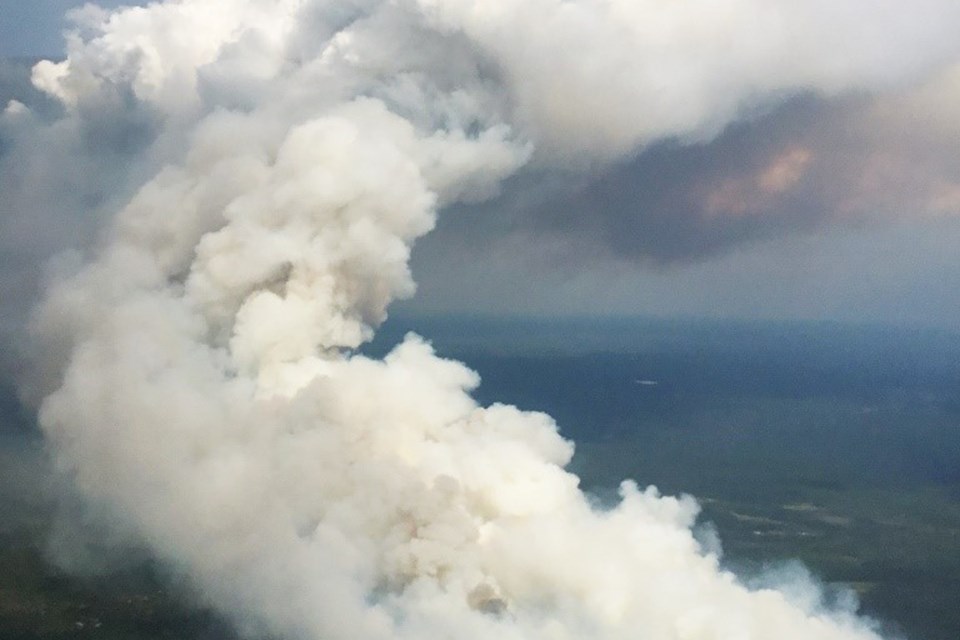THUNDER BAY - Despite calls from opposition members of provincial parliament and First Nation leaders, the provincial government will not be declaring a state of emergency over the wildfire situation in Northwestern Ontario but says it will continue to monitor the situation closely.
“Our government, through Emergency Management Ontario and the Ministry of Northern Development, Mines, Natural Resources and Forestry, has committed significant resources to keep communities safe from wildfires across Ontario’s northwest and to support evacuations to host communities across the province,” reads a joint statement issued Monday by Solicitor General Sylvia Jones and Minister Greg Rickford.
According to the criteria set out by the Emergency Management and Civil Protections Act, a state of emergency can be declared if an emergency exists that requires immediate action to mitigate or reduce danger of serious proportions that could cause serious harm or substantial damage to property.
Additional circumstances, such as the resources available not being effective in addressing the emergency must also be met.
As of Sunday, there are 151 active fires burning in the Northwestern Ontario region, with a total of 902 fires to date this season. This is well above the total fires in 2020 at 457 and the 10-year average, which is approximately 520 wildfires.
This season alone, 520,134 hectares of forest have burned compared to 6,416 hectares last year and the 10-year average of 153,513 hectares.
The fire risk has been extremely high throughout most of the region due to hot, dry conditions, as well as unstable winds, which are expected to persist throughout the rest of the week.
As a result of the ongoing risk of several large fires and smoke near First Nation communities, more than 3,000 people have been evacuated from communities including Deer Lake First Nation, Popular Hill First Nation, Pikangikum First Nation, Cat Lake First Nation, and North Spirit Lake First Nation.
As the threat continues, the province said there may be the need to evacuate as many as 5,000 more individuals. There are 16 municipalities across Northern and Southern Ontario serving as host communities for evacuees.
“Emergency Management Ontario continues to work with municipalities across Ontario that are providing support and assistance to evacuees,” the joint statement reads. “We thank the many municipalities who have opened their communities to support evacuees and we continue to work collaboratively with municipal leaders to assess additional capacity, should it be required.”
Across the region, 13 communities have declared states of emergency due to the wildfire situation and hosting evacuees, including the city of Thunder Bay on July 11.
Fire crews continue to work at containing the wildfire situation, with additional support being provided from national and international partners, including teams from Eastern Canada, Alberta, and 100 firefighters from Mexico.
“As this year’s wildfire season continues, we continue to support communities in the north, and remain ready to provide all necessary additional support as required,” the joint statement from Jones and Rickford reads.
“We are working closely with the federal government, which is responsible for the health, safety, and wellbeing of First Nation communities on-reserve. The province also continues to collaborate closely with affected First Nation communities, participating municipalities, the federal government, and the NGO sector to ensure that all necessary resources are deployed.”
